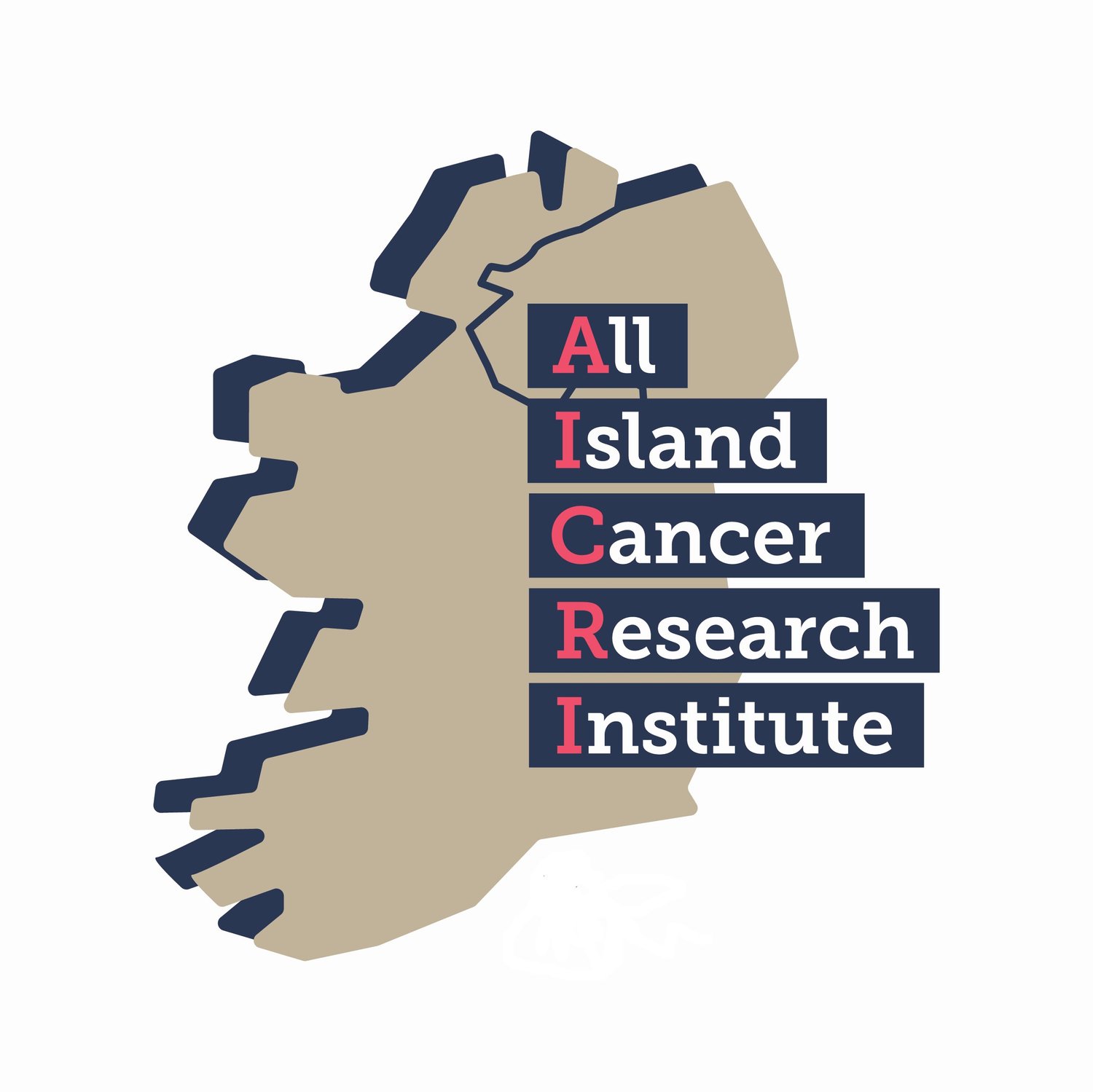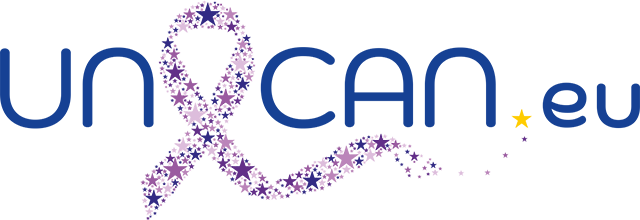AICRI attends UNCAN.eu’s Closing Event in Brussels
AICRI/University College Dublin as a member of the UNCAN.eu consortium was invited to attend the 4.UNCAN.eu Final Event which took place in Brussels on 14th November. This event marked a significant milestone in the 4.UNCAN.eu Coordination and Support Action (CSA) project.
During this meeting, a strategic roadmap outlining the implementation of a European Federated Cancer Research Data Hub was presented to the European Commission.
The event garnered attention from key figures, with European Parliament Members and Policymakers in attendance, including European Commissioner for Health and Food Safety, Stella Kyriakides, MEP Tomislav Sokol, Belgium’s Health Minister Franck Vanderbroucke, Annika Nowak, from the European Commission’s DG SANCO unit and the Vice-Chair of the Cancer Mission Board, Prof. Christine Chomienne. Additionally, Anita Kienesberger (CCI Europe) represented the voice of paediatric cancer patients, emphasising the human impact of the initiative.
To cap off the event, a distinguished panel featuring Josep Tabernero (VHIO), Michael Boutros (DKFZ), Francesco de Lorenzo (ECPC), Peter Nagy (NIO), Ruggero De Maria (ACC), and Annika Nowak participated in a roundtable discussion. The roundtable provided an opportunity to delve into the substantial work accomplished over the past 15 months, offering deeper insights into the project’s objectives and outcomes.
“During this final event, members of the CSA 4.UNCAN.eu outlined the recommendation to co-create an UNCAN.eu network with all cancer researchers in a bottom-up approach” commented Prof Eric Solary, Inserm, France, Project Coordinator at 4.UNCAN.eu. “This event not only presented our blueprint but also fostered critical discussions and collaborations for the future of cancer research in Europe.”
The blueprint for 4.UNCAN.eu proposes the establishment of a European Federated Cancer Research Data Hub and the development of a series of use cases addressing major challenges in cancer research. These ambitious yet realistic and focused use cases will be cross-border and trans-disciplinary research programmes built in a problem-solving manner. While addressing key challenges in cancer research, these use cases will drive the prospective collection or generation of the first data that are needed to create the UNCAN.eu metadata catalogue, whatever these data will be. The connected data will be secondarily re-used by researchers addressing new challenges.
To learn more about UNCAN.eu and the 4.UNCAN.eu project, visit uncan.eu


